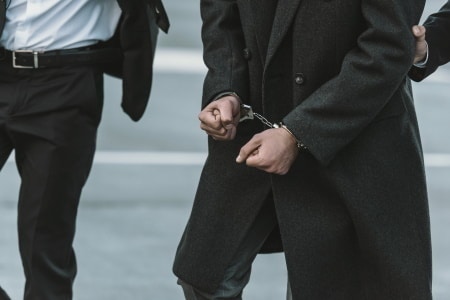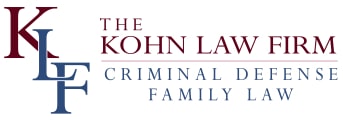Accessory To A Crime
Who’s responsible for being an accessory to a crime when it comes to Colorado Law?
Those who can be held responsible and given a guilty sentence under Colorado law have to meet several statutory elements:
A crime has taken place when;
- The actor was given assistance by the accused;
- The accused had the following intentions: prevent discovery, hinder or delay detection, prevent apprehension or prosecution that would lead to a conviction or punishment with the following:
- The accused must be aware of one of the following things: That the actor committed the crime, that the actor had a conviction of it or has been charged with a complaint of the crime, pending information, or indictment. It is also the case if the actor is suspected with having involvement in the crime.

A charge with information that’s pending, a complaint, or indictment of a crime is also an element. A suspected or wanted actor can also qualify someone for a criminal penalty if assistance was given. The crime must be for something other than a class 1 or 2 felony but still a felony.
Choosing to be silent is not enough for a conviction. Intention to aid the felon must be proven in some way. A failure to call the authorities does not render someone responsible.
Accessory To A Crime Examples
You can be charged with an accessory crime if you choose to help a family member or friend run from or hide from the police. This is a felony offense.
There are a number of very simple things that can result in a conviction. Giving your sister access to your vehicle for her to leave the state after the crime is committed can result in a conviction. Putting up a family member in a hotel with your name on the reservation with the intention of helping them hide from the police after a serious crime has taken place can lead to a conviction.
This can lead to you being charged as an accessory.
Assisting someone in any way after a crime has taken place can put you at risk for a criminal penalty.
The laws in place are to prevent people from receiving aid who have committed a felony under the law of C.R.S 18-8-105. If a family member or friend asks for any assistance, this can be a simple ride, you should not oblige in any way. A petty offense or felony can be charged against you. The resulting charge depends on the nature of the crime the actor committed.
NEED LEGAL HELP?
Contact Us Now!
